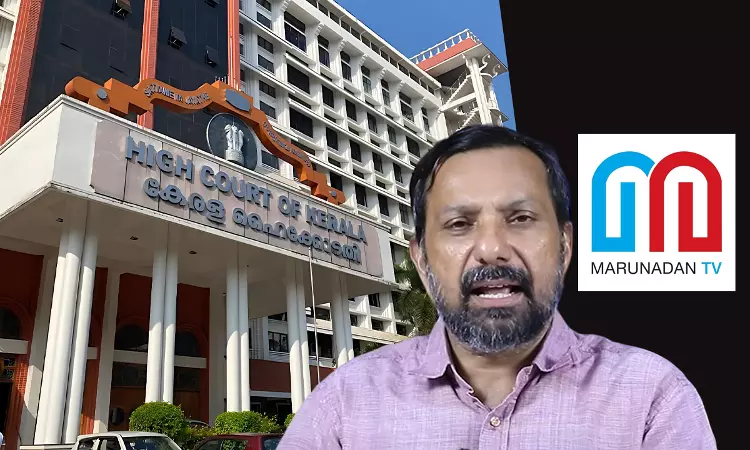The Kerala High Court on Friday dismissed the appeal filed by the editor and publisher of YouTube Channel Marunadan Malayali, Shajan Skariah, against rejection of anticipatory bail by Special Court in a case against him for allegedly broadcasting derogatory news item against MLA Sreenijin."It is pertinent to note that the allegations levelled against the second respondent include murder...

